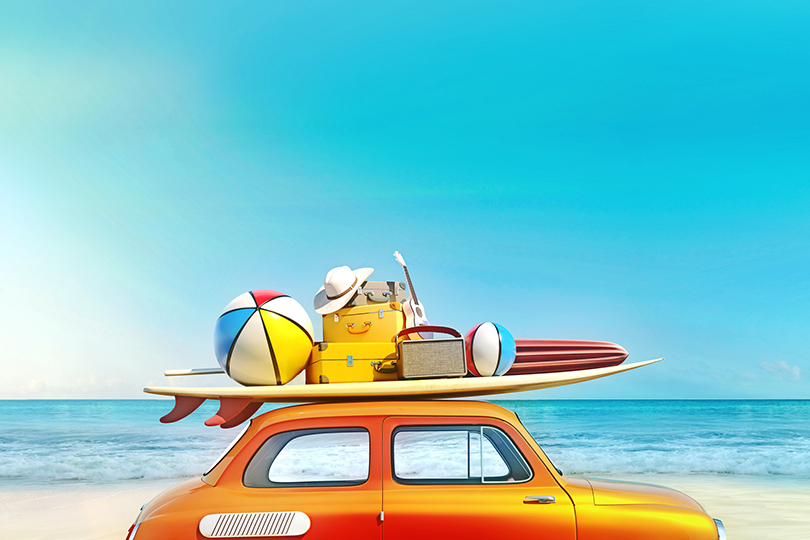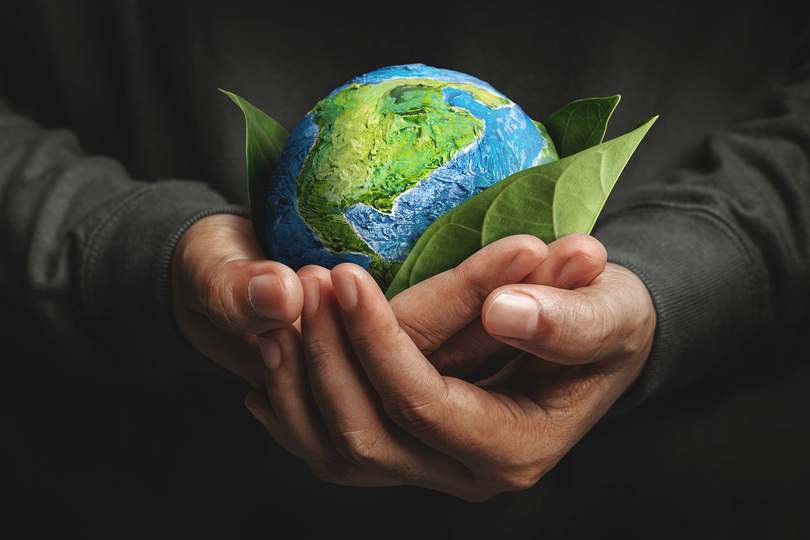The importance of travel marketing in a Covid-19 era
Lori Suchcicki, senior vice president of advertising sales EMEA for BBC Global News, explains how travel companies can get marketing right during the coronavirus pandemic.
In the midst of changes to travel protocol, procedures, rules and customer behaviour, one of the challenges the industry is facing due to the coronavirus crisis is figuring out how to communicate with its customers.
While marketing campaigns across the industry came to a standstill during the initial outbreak of the virus, now is the time for brands to be brave.
Brands that continue to engage with their customers – in the right way – will find that they rebound faster, as they will be front of mind at a time when there is less fierce competition for the attention of the travellers-to-be.
A recent global study by research company Kantar showed that just 8% of consumers thought that companies should stop advertising due to the coronavirus outbreak, but there is a clear expectation that companies should do their bit, with 78% stating that brands should help them in their daily lives, 75% saying that they should inform people about what they are doing and 74% believing that companies should not exploit the situation.
So it is the way in which companies respond to the pandemic that will be remembered by customers for a long time to come. 81% of people say they need to trust them to do what is right during the crisis.
A strategic marketing plan and strong brand values are more important than ever, and responding to consumers’ needs with clear, vivid and authentic storytelling will help in making the first steps on the road of recovery.
The human element
If we have learned anything from this pandemic, it’s that human connection makes the world go round and we all love real life heroes. Many of the most impactful stories over the past few months have been those that feature inspirational people from local communities.
And it’s forming a campaign with honest, human-led messages at its core that will help to trigger those emotional responses from audiences; changing perceptions of travel, the community, the destination and the company.
But what’s really important in any marketing campaign is that it’s led on insights, particularly at a time of unknowns and uncertainties.
Our neuroscience tool Science of Engagement provides scientific evidence that heightened emotional engagement helps to drive recall, positive association and bonding with brands, even when it engenders “negative” emotions, such as sadness or fear.
It’s the strength of the emotion and how the brand is perceived within the story that is key to generating powerful relationships with your audience.
The travel industry needs to remain agile, revisiting their products or services and potentially making changes to fit the “new normal”, in line with revised expectations from customers.
As we begin to see dates being set for borders to reopen, resorts to take bookings and airlines to accept passengers, now is the time for travel brands to prioritise their service offering, focus on their values and start reaching out to customers through thoughtful, tailored campaigns that capture their hearts and minds.













